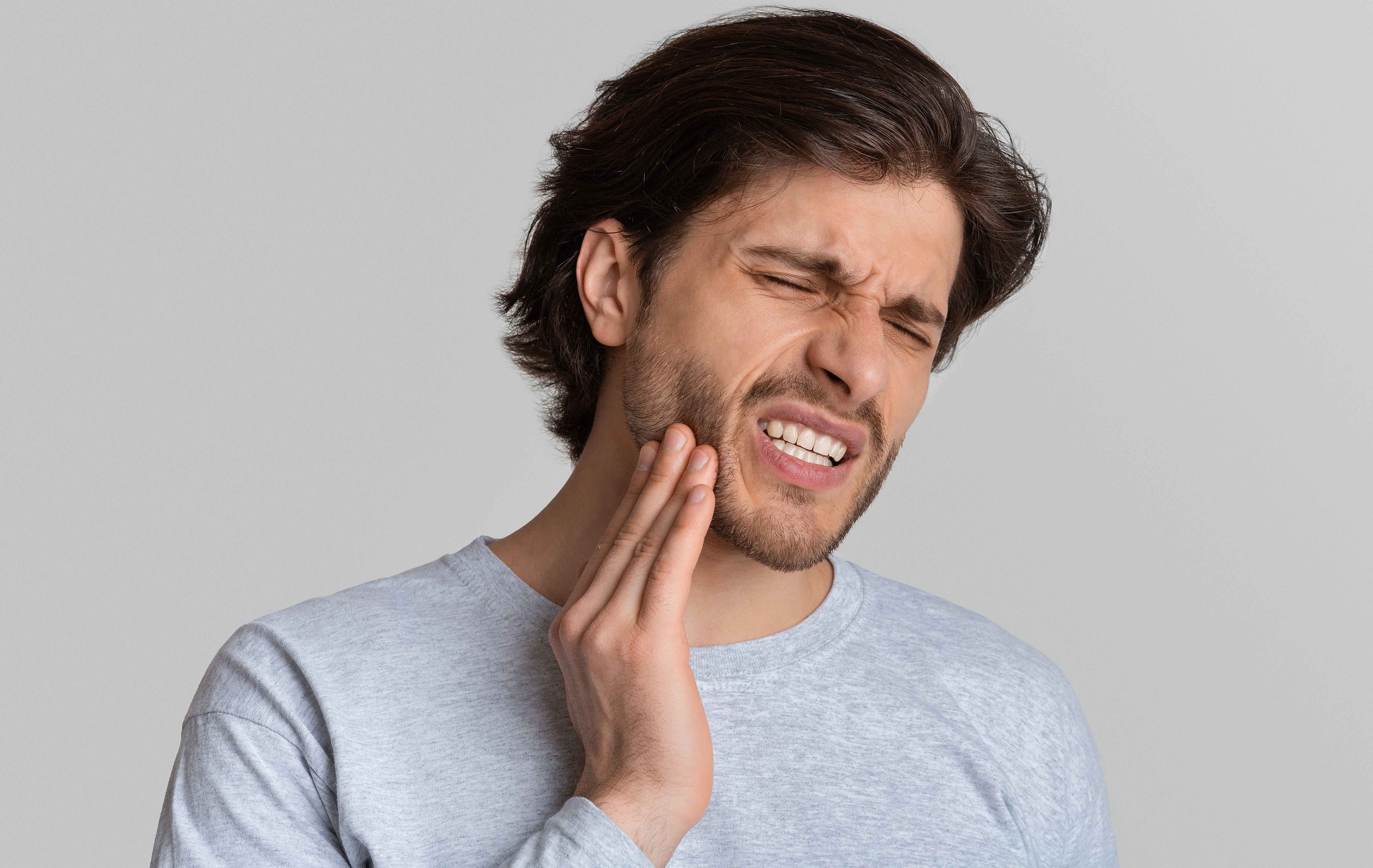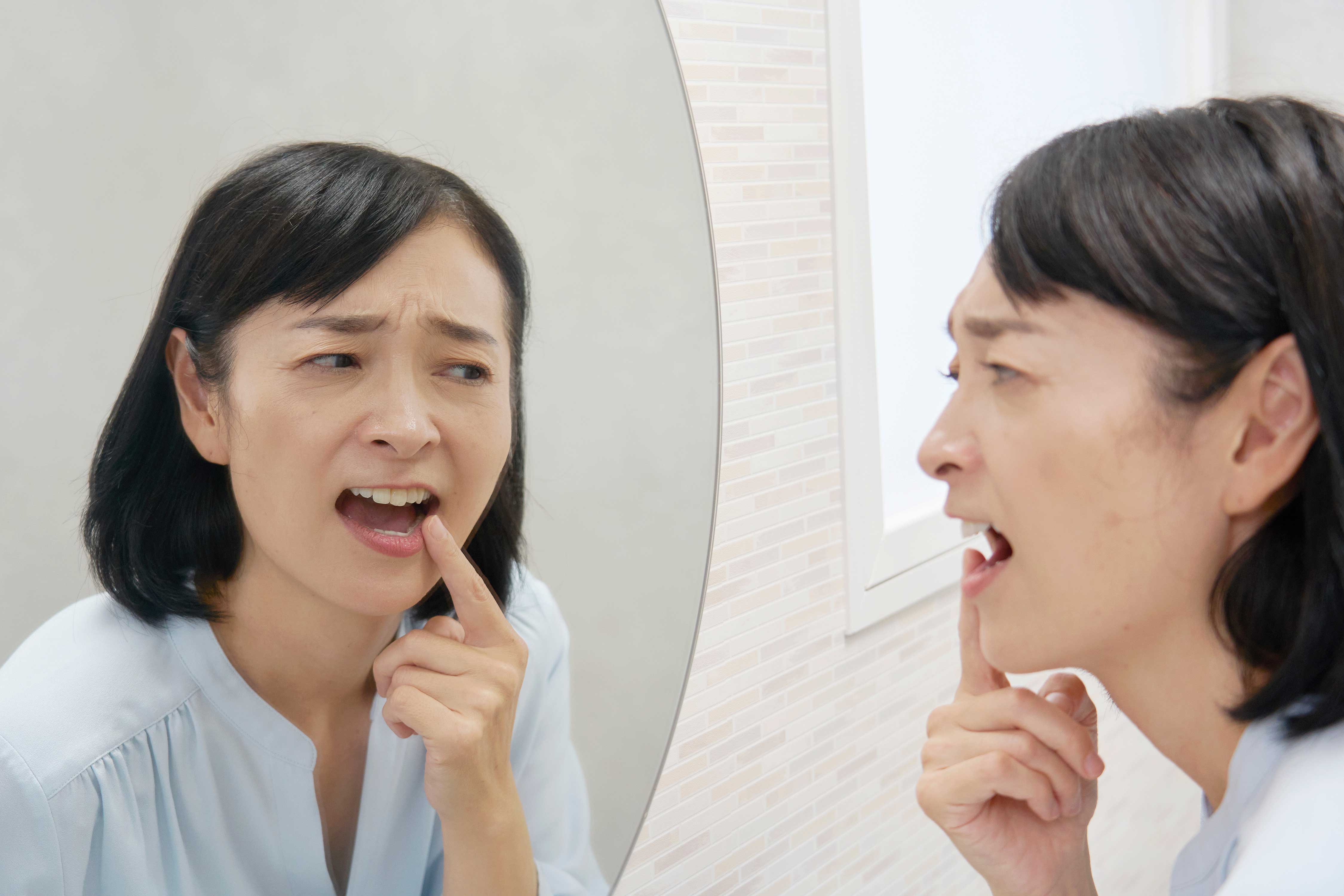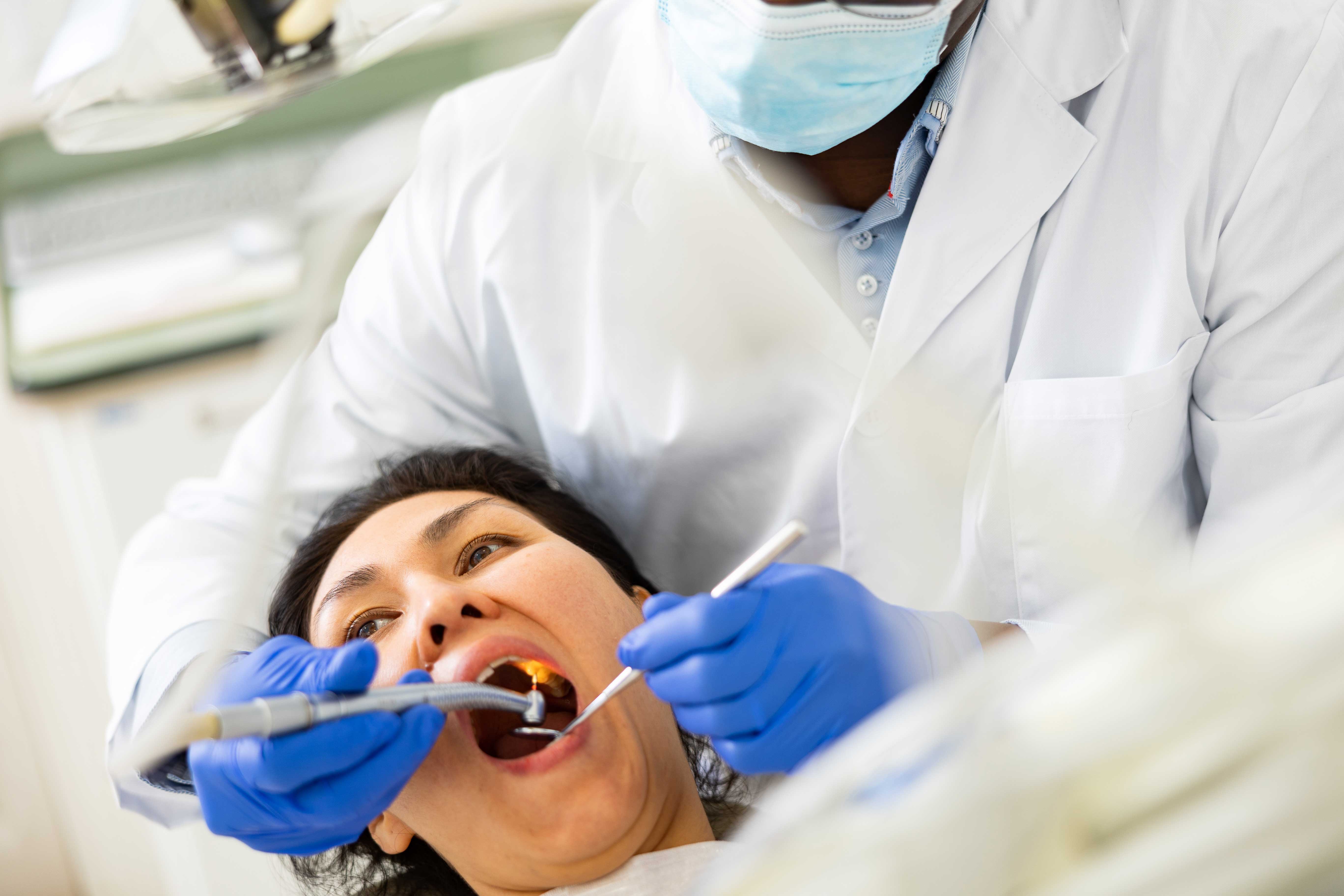Toothache Pain Relief: Effective Home Remedies and Treatments

Summary
In this article, we’ll share effective ways to treat tooth pain at home and when you should see a dentist. We’ll also discuss what causes toothaches and how to prevent pain in the first place.
Key Takeaways
- Takeaway #1: Mild tooth pain may be treatable with home remedies. These include applying a cold compress, avoiding hot and cold foods, applying a numbing gel, and taking pain medication.
- Takeaway #2: Severe or persistent tooth pain usually requires professional treatment to take care of the underlying problem. Options include restorative dentistry treatments such as dental fillings or dental crowns, and more invasive treatments such as root canal treatments or tooth extractions.
- Takeaway #3: Tooth pain can be caused by many things, including gum disease, cavities, tooth abscess or injury, overcrowding, sinus pressure, and TMJ (temporomandibular joint) disorders.
- Takeaway #4: Prevent toothaches and dental problems by taking care of your oral health (brushing twice per day, flossing, using mouthwash, visiting your dentist regularly, making tooth-healthy lifestyle choices, and wearing a mouthguard when playing contact sports).
Table of Contents

This blog has been reviewed and approved by Dr Robert Lee, a dental professional of 35 years
LEARN MORE >Key Takeaways
What Causes Tooth Pain?

A toothache can feel like a persistent dull ache or a sharp, throbbing pain
Let’s take a look at different conditions that can cause this pain.
Gum Disease
During the early stages of gum disease (gingivitis), your gums may bleed, be red and swollen, and feel tender, especially when brushing your teeth, but you likely won’t experience any pain.
However, as the disease progresses, the infection can spread and affect the connective tissues supporting your teeth. This often causes sensitivity and pain, and it can feel like a bad toothache.
Sensitivity from Whitening
If you had a tooth whitening treatment recently or are actively using tooth whitening products, your teeth might be extra sensitive for a short time.
Whitening treatments can temporarily lead to alterations in the enamel to target stains. These changes in the enamel may mean the dentin underneath is exposed, and your nerves are extra stimulated by things like hot and cold food or drinks.
The good news is this sensitivity usually only lasts a few days.
Excessive Brushing or Tooth Abrasion
Brushing too hard can wear away enamel and reveal inner layers of the tooth, like the dentin layer. Dentin has nerves in it, and when exposed to extreme temperature changes, can be painful.
Cavities
If you’ve ever had a cavity, you know it can be quite painful — especially if the cavity is close to the nerve in your tooth.
Tooth Abscess
A tooth abscess is a pocket of pus near the root of a tooth that can cause significant pain and requires immediate treatment.
Abscesses occur when bacteria enter your tooth or gums via a cavity, a crack, or a pocket in your gum tissue. There are several types of abscesses, including periapical abscess, periodontal abscess, and gingival abscess. All can cause pain and sensitivity as your body fights the infection.
Grinding
Grinding your teeth at night may cause dental pain from the excess pressure on your teeth, gums, and jaw.
Tooth Injury
Trauma to your teeth due to a fall, car accident, or sports-related incident can cause pain.
TMJ
Although TMJ (temporomandibular joint) disorder is a dysfunction of the jawbone, it can cause referred tooth pain.
Sinus Infection
Clogged or infected sinuses can cause tooth pain because the sinus swelling puts pressure on nerves near your upper back teeth.
Home Remedies for Tooth Pain Relief
The way you treat your tooth pain depends on what’s causing it. The good news is mild tooth pain can often be treated with home remedies. Let’s take a look at some of your options.
1) Try a Cold Compress
A cold compress can reduce immediate swelling and decrease pain.
You can use anything you have on hand, such as an ice pack, ice cubes in a plastic bag, or even a bag of frozen peas. Just make sure to wrap it in a cloth before applying to prevent any irritation or frostbite on your skin.
2) Floss Your Teeth
If the pain is from dental food impaction, which occurs when food is stuck in your teeth and gums, floss the affected tooth on both sides. Gently slide the floss up and down, and remove any food debris from the floss with each pass to prevent it from getting stuck again.
3) Avoid Hot and Cold Foods and Drinks

If your tooth is sensitive, avoid hot and cold foods and drinks that might increase the sensitivity. Opt for room temperature, easy-to-chew foods — such as mashed potatoes, yogurt, pasta, or peanut butter — until you’re feeling better.
4) Apply a Numbing Gel
Over-the-counter numbing gels can provide fast toothache relief. Add a pea-sized amount to the affected area and wait about 15 minutes before eating or drinking anything. This will allow the gel to fully activate and prevent you from swallowing it.
5) Rinse with Salt Water
Rinsing with salt water is another easy way to reduce swelling and pain. Simply mix ½ teaspoon of salt into 1 cup of warm (not hot) water before swishing it around in your mouth for about a minute.
6) Take Over-the-Counter Pain Medication
Pain medications, like acetaminophen or NSAIDs (ibuprofen or aspirin for example), can provide temporary pain relief and help reduce inflammation. However, always consult your dentist before using these treatments.
Professional Treatment Options for Toothaches
At-home remedies can provide temporary toothache relief as you wait for a dental appointment, but you’ll need professional treatment to take care of the underlying problem.
Here are some treatments your dentist may suggest.
1) Dental Filling
Cavities often require a dental filling. This involves numbing the area around the tooth, removing the decayed part of the tooth, filling the hole with composite resins used for restorative treatments, and polishing it.
2) Crown
If the cavity is too big or the tooth is cracked, your dentist may suggest a crown. A crown is a tooth-shaped cap that restores a tooth damaged by decay or trauma. Dentists also use crowns to cover dental implants and teeth that underwent root canal treatment.
3) Root Canal

If your tooth’s nerve is severely infected or damaged, your dentist may recommend a root canal, during which they’ll remove the damaged or infected pulp and replace it with a filler. The tooth is then restored with a crown.
4) Extraction
If your painful tooth is too damaged or decayed to save or it’s causing crowding in your mouth, your dentist may opt to extract (pull) it. Wisdom teeth, for example, are often pulled.
5) Antibiotics
Although antibiotics won't treat your pain directly, your dentist may prescribe one to help fight the infection that is causing the pain.
Preventing Tooth Pain
While there are ways to treat tooth pain, the best treatment method is preventing it altogether. Keep reading for our top tips.
Practice Good Oral Hygiene
First, brush up on your brushing and the rest of your oral hygiene routine.
Good oral hygiene prevents plaque from building up in your mouth, reduces your chances of tooth decay, prevents infection, and reduces tooth sensitivity caused by tooth enamel wearing away.
Brush Your Teeth for Two Minutes Twice a Day
Dentists recommend brushing your teeth twice a day for two minutes each time. Consider swapping your manual brush for an electric model.
Electric toothbrushes often include features like built-in timers and pressure sensors that encourage proper brushing technique and consistency.
Watch Your Technique
Hold your toothbrush at a 45-degree angle to the gum line. Brush in small back-and-forth motions from the back of your mouth forward until you’ve brushed all surfaces of your teeth.
Use Toothpaste with Stannous Fluoride
Pair your good toothbrush and brushing technique with a stannous fluoride toothpaste. This will protect your teeth from acid and strengthen your tooth enamel.
Floss Daily
Floss once a day to remove any food particles and plaque stuck between your teeth.
Rinse with Antibacterial Mouthwash
Lastly, rinsing with an antibacterial mouthwash reduces the bacteria in your mouth and helps prevent gum disease.
Schedule Regular Dental Visits
In addition to practicing good oral hygiene at home, visit your dentist at least two times a year for a check-up and deeper cleaning.
Eat a Healthy Diet
Another important dental habit is choosing tooth-healthy foods, like fruits, vegetables, and foods with calcium and phosphorus, which help strengthen your tooth enamel.
Don’t Smoke
Say no to nicotine, as smokers are more susceptible to gum disease, tooth loss, bad breath, and cancer. Smoking also reduces blood flow to your gums, which can cause painful inflammation and prevent your gums from healing properly.
Protect Your Teeth in Sports
If you play sports, particularly contact sports, use a mouth guard to protect your teeth. Any trauma to your mouth can cause swelling, but contact sports increase the risk of fractured teeth, cuts in your gums, nerve damage, and even jaw misalignment.
Protect your teeth from temporary or chronic pain by wearing the proper gear!
Relief at Last

If you’re looking for tooth pain relief, at-home and professional treatments can help. Applying a cold compress or numbing gel, flossing, rinsing with salt water, and taking over-the-counter medications can relieve mild discomfort. For moderate, severe or persistent discomfort consult your dentist right away.
To take your oral hygiene to the next level, try the Oral-B iO Electric Toothbrush Series. The toothbrushes remove 100% more plaque than manual toothbrushes and offer convenient features, including a timer and pressure sensor, so you know you’re brushing well.
FAQs
-
Can caffeine make tooth pain worse?
-
Can tooth pain go away on its own?
-
Why do I have tooth pain after a filling?
Sources
- Tooth Pain - American Association of Endodontists
- Oral Analgesics for Acute Dental Pain | American Dental Association
- Dealing with tooth pain - The Journal of the American Dental Association
- Toothache: Symptoms, Causes & Remedies
- Sensitive Teeth: Why They Hurt and How to Stop the Pain
- Signs of Tooth Abscess: Stages and Treatments | Ada
- Is that dental pain an emergency? - Harvard Health
Table of Contents
- What Causes Tooth Pain?
- Home Remedies for Tooth Pain Relief
- Professional Treatment Options for Toothaches
- Preventing Tooth Pain
-
- FAQs
- Sources

This blog has been reviewed and approved by Dr Robert Lee, a dental professional of 35 years
LEARN MORE >
Sign Up
to get tips about healthy teeth, expert advice, and exclusive offers.

Sign Up
to get tips about healthy teeth, expert advice, and exclusive offers.


